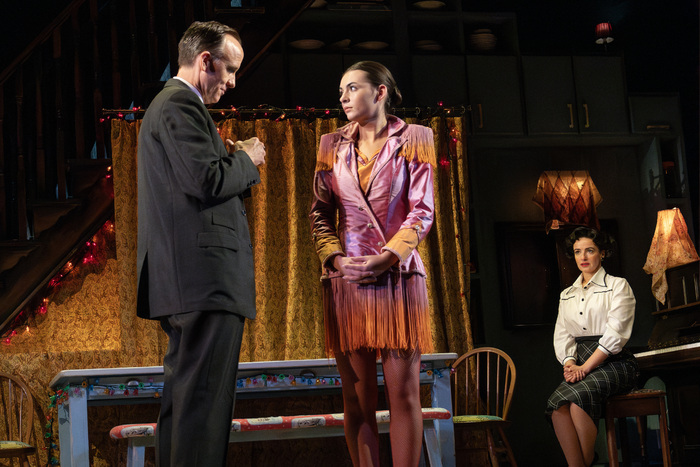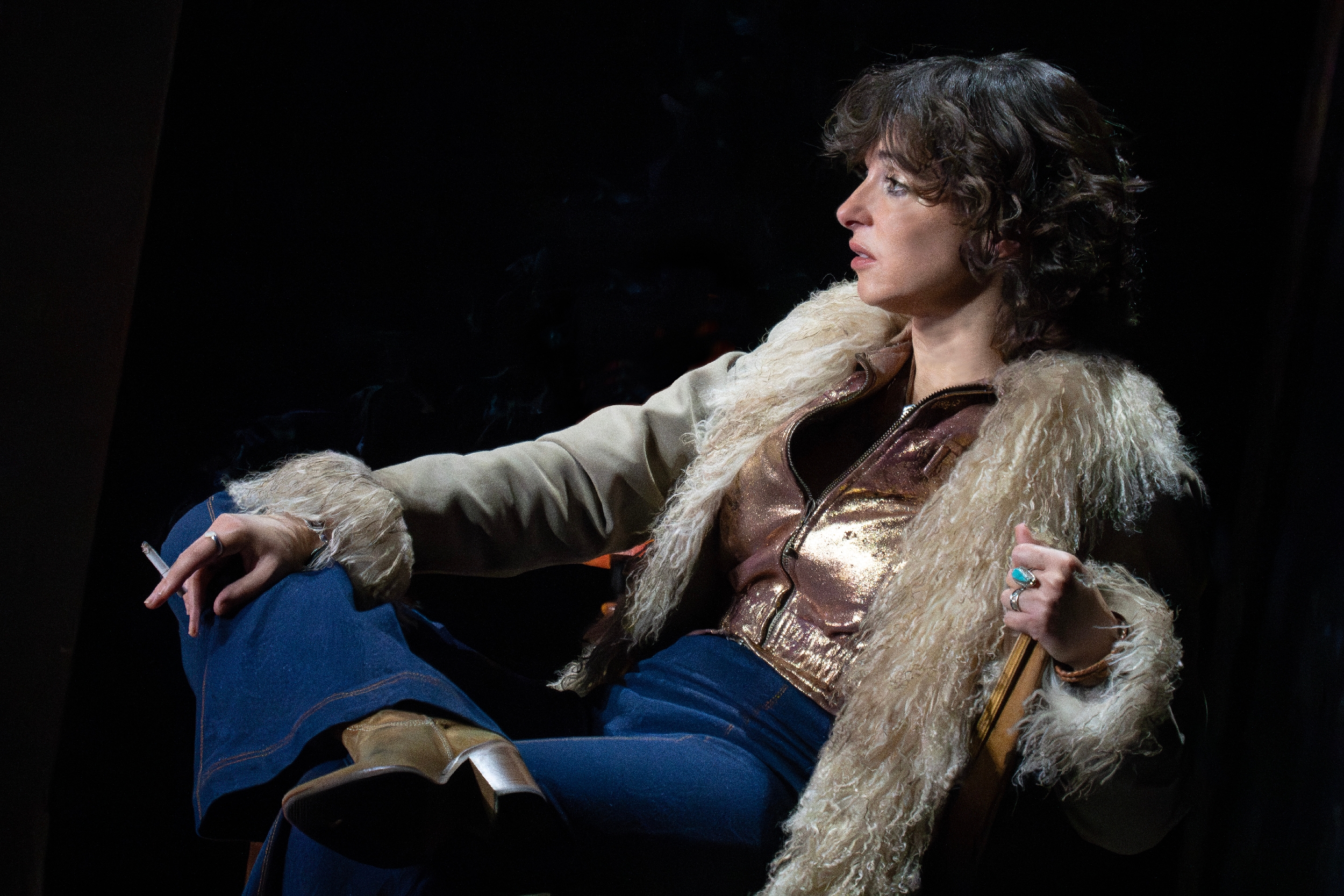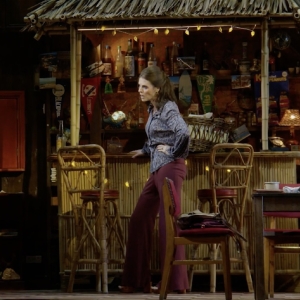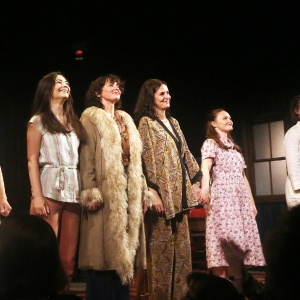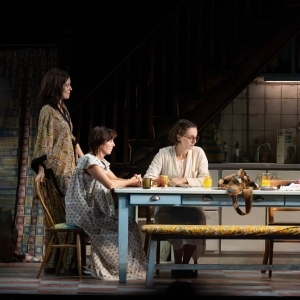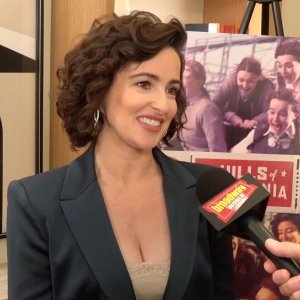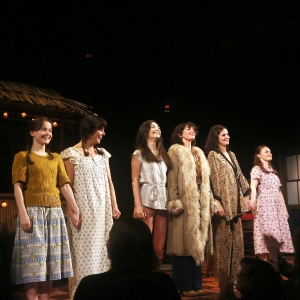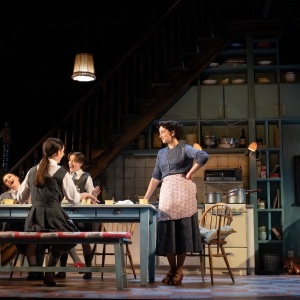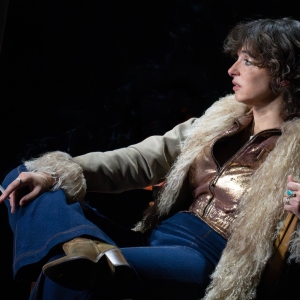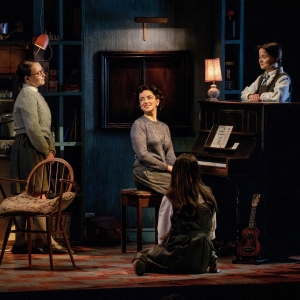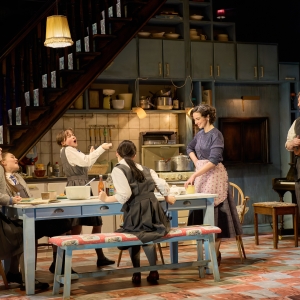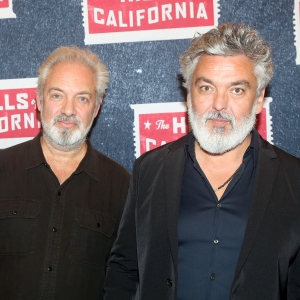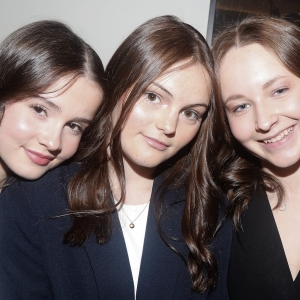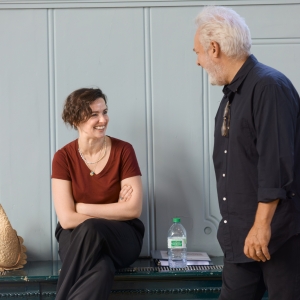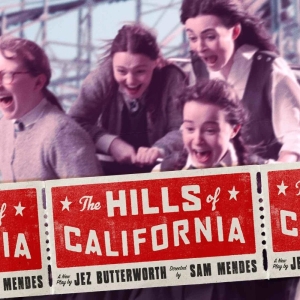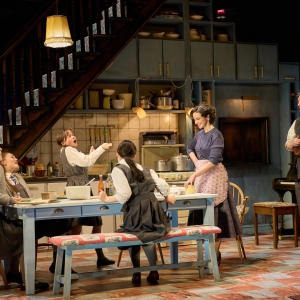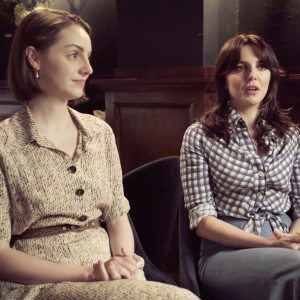The Hills of California - 2024 Broadway History , Info & More
Broadhurst Theatre (Broadway)
235 W. 44th St. New York, NY
Following their triumphant production of The Ferryman, Tony®-winning Playwright Jez Butterworth and Oscar and Tony-winning Director Sam Mendes reunite for The Hills of California.
In the sweltering heat of a 1970s summer, the Webb sisters return to their childhood home in Blackpool, an English seaside town, where their mother Veronica lies dying upstairs. Gloria and Ruby now have families of their own. Jill never left. And Joan? No one’s heard from her in twenty years… but Jill insists that their mother’s favorite won’t let them down this time.
The run-down Sea View Guest House is haunted by bittersweet memories of amusement park rides and overdue bills. Back in the 1950s, each night the girls rehearse their singing act, managed by their fiercely loving single mom. But when a record producer offers a shot at fame and a chance to escape, it will cost them all dearly.
The Hills of California - 2024 - Broadway Cast
FEATURED REVIEWS FOR The Hills of California
Review: Long, Bumpy Ride to Sisterly Reconciliation Over ‘The Hills of California’
7 / 10
Butterworth writes sprawling, talky epics with ensembles in the double digits, three-hour run times, and lots of room for showy speeches. He’s fascinated by the death of dreams and the past that haunts us, the slow decay of England. Hills is not essentially different, thought it does focus on women. Men in this world—save one—are feckless husband-enablers and punching bags for Veronica and her mostly unhappy grown daughters. The one man who makes a definitive impact on the Webb household is the Yank talent scout, Luther, played by New York stage veteran David Wilson Barnes. Seeming at first a dryly reserved finder of genius (he claims to have discovered Nat King Cole), Luther reveals darker motives by requesting a private audition with 15-year-old Joan (Lara McDonnell) in “Mississippi” (Seaview’s rooms are named after American states). What makes the offstage encounter between Luther and Joan more disturbing is the suggestion that the girl initiates it—a tragic escape from her suffocating surroundings.
‘Hills of California’ review: A cutthroat new stage mother on Broadway
7 / 10
It’s not the playwright’s best (that’s “Jerusalem,” which Mark Rylance was explosive in on Broadway) or his grandest (that’d be “The Ferryman”). But “Hills” has an appealing haunted atmosphere, even if the ghosts aren’t specters, but traumas. And in its dreamy third act, the play distinguishes itself from the many, many dramas about kids caught in the web of their parent’s pipe dream.
The Hills of California History
Other Productions of The Hills of California
| 2024 | West End |
West End |
| 2024 | Broadway |
Original Broadway Production Broadway |
Videos






